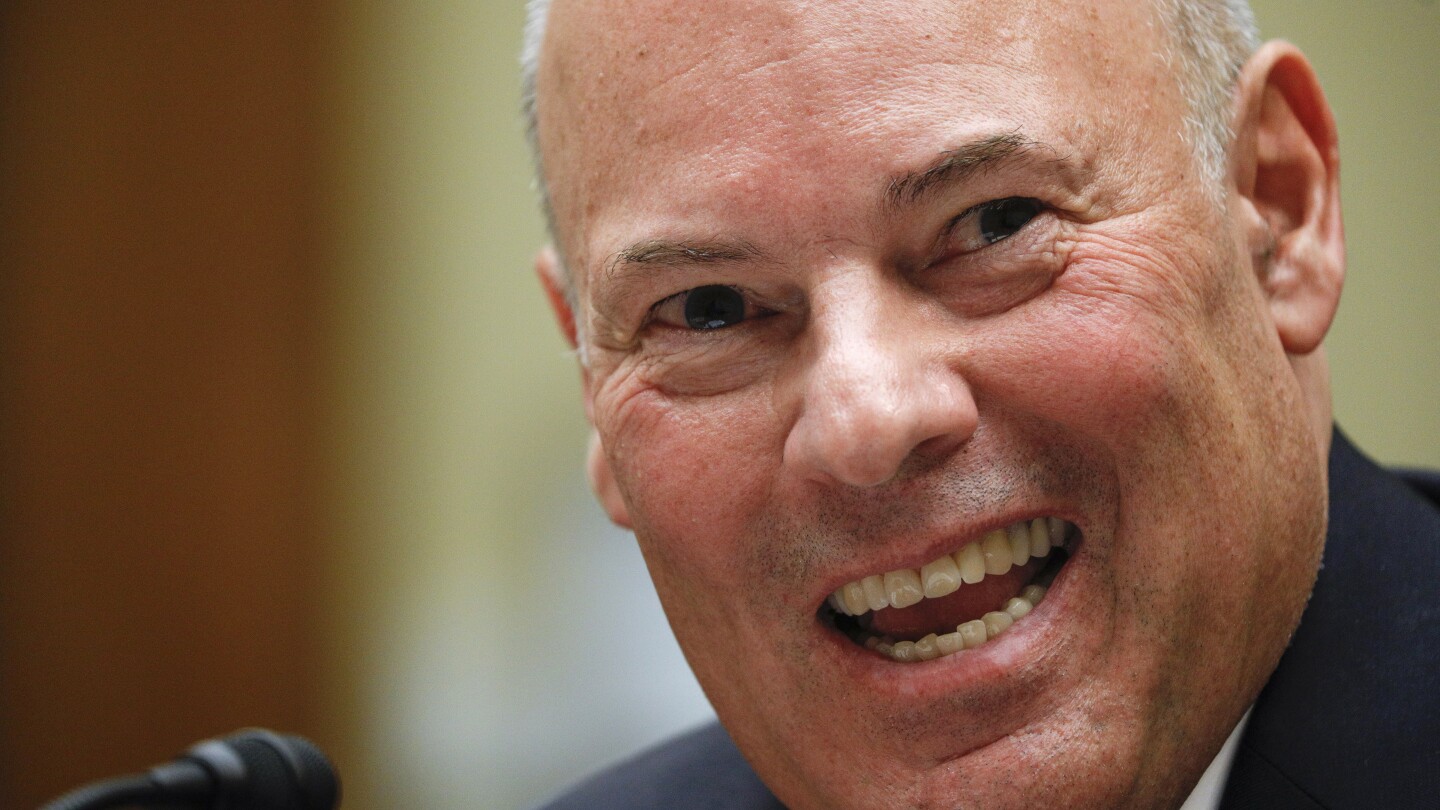10,000 Job Losses: USPS's Controversial DOGE-Driven Reform Sparks Outrage
The United States Postal Service (USPS) is facing a storm of criticism following the announcement of 10,000 job losses, directly linked to its controversial adoption of Dogecoin (DOGE) in its restructuring efforts. The move, initially touted as a bold step towards modernization and financial stability, has instead ignited a firestorm of debate among employees, unions, and the public. This article delves into the details of the job cuts, the rationale behind the USPS's DOGE integration, and the potential long-term consequences.
The Scale of the Job Losses: 10,000 and Counting?
The USPS has confirmed the elimination of 10,000 positions, primarily affecting mail processing and sorting facilities across the country. While the postal service claims these cuts are necessary to streamline operations and reduce costs, unions argue that the implementation is poorly planned and unfairly targets long-term employees. The true impact might extend beyond the initial 10,000 figure, with concerns over ripple effects impacting related industries and communities.
Impact on Specific Regions:
- Northeast: Significant job losses reported in major metropolitan areas.
- Midwest: Rural communities particularly hard hit, impacting vital mail delivery services.
- South & West: Varying impact depending on local mail volume and automation levels.
The lack of transparency surrounding specific location details has further fueled public anger and uncertainty.
The DOGE Factor: A Risky Gamble?
The USPS's foray into the volatile world of cryptocurrency, specifically Dogecoin, is a key element of this controversy. The initial proposal suggested using DOGE for internal transactions and potentially even accepting it for postage payments. While proponents argued this would boost efficiency and attract a younger demographic, critics point to DOGE's inherent instability as a major risk.
Arguments For and Against DOGE Integration:
- Proponents: Claim DOGE offers lower transaction fees than traditional methods, potentially saving the USPS millions. They also highlight the potential for increased engagement with younger generations.
- Critics: Highlight the extreme volatility of DOGE, arguing that its fluctuating value could severely impact the USPS's financial stability. They also express concerns about security risks associated with cryptocurrency transactions.
The decision to integrate DOGE into the USPS's financial operations remains a highly debated topic, with many questioning its long-term viability and overall wisdom.
Long-Term Consequences and Public Reaction:
The job losses and the DOGE strategy have created a considerable backlash. Public outcry has led to increased scrutiny of the USPS's management and its overall financial health. The potential for further job cuts and service disruptions remains a significant concern.
Potential Fallout:
- Reduced Mail Delivery Services: Longer delivery times and reduced frequency are likely.
- Increased Postage Costs: The USPS may be forced to increase postage rates to compensate for financial losses.
- Political Ramifications: The controversy could have significant political implications, leading to increased pressure on Congress to reform the USPS.
The coming months will be crucial in determining the lasting effects of these dramatic changes on the USPS and the American public.
What's Next for the USPS?
The USPS faces a critical juncture. The success or failure of its DOGE-driven reforms will significantly impact its future. Increased transparency and clear communication with employees and the public are essential to regaining trust and navigating this turbulent period. The debate surrounding the job cuts and the role of cryptocurrency in the USPS's future is far from over. Further developments will undoubtedly shape the narrative in the weeks and months to come.
Call to Action: What are your thoughts on the USPS's controversial DOGE-driven reform and the resulting job losses? Share your opinion in the comments below. Stay tuned for further updates on this evolving story.
